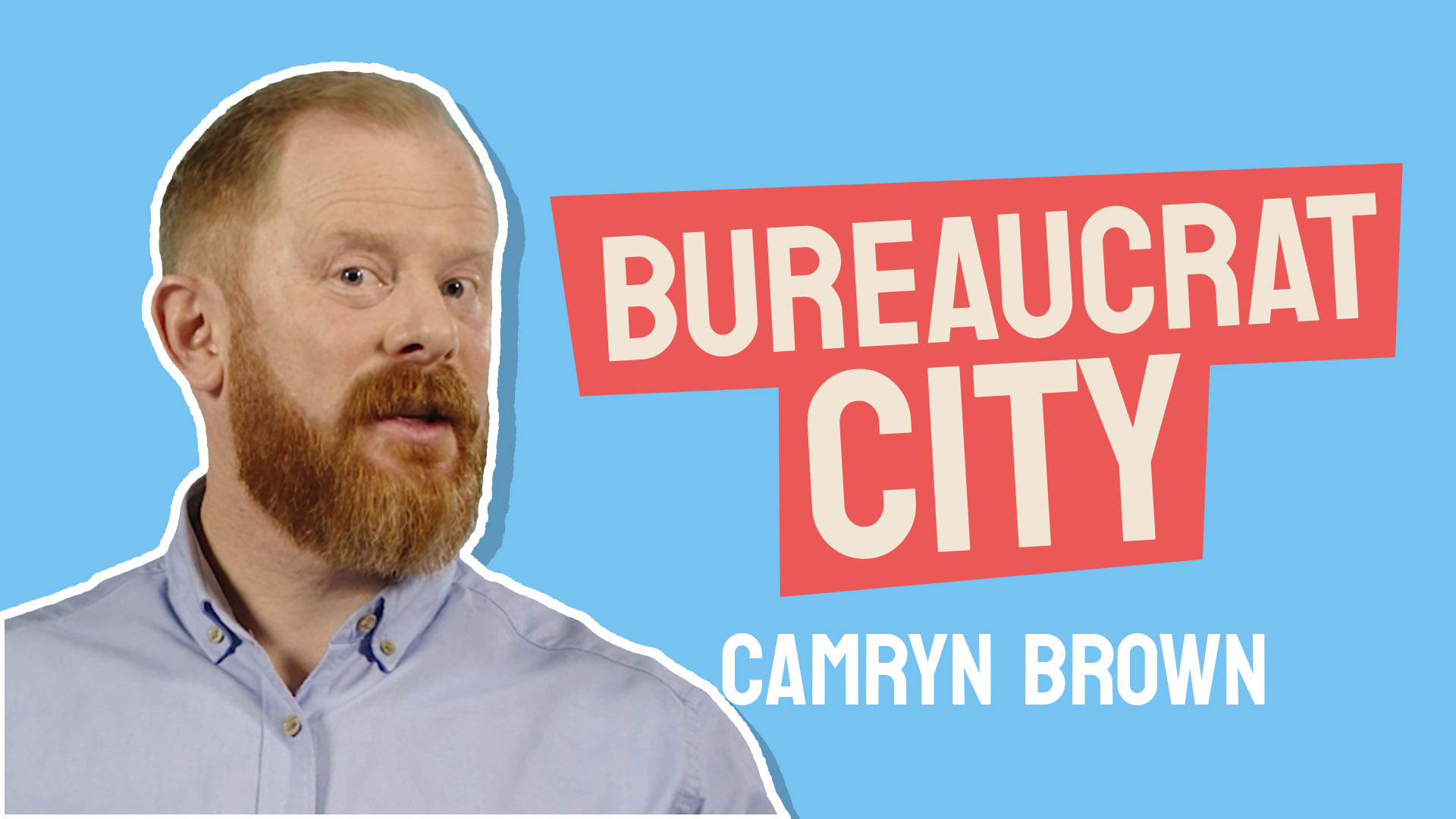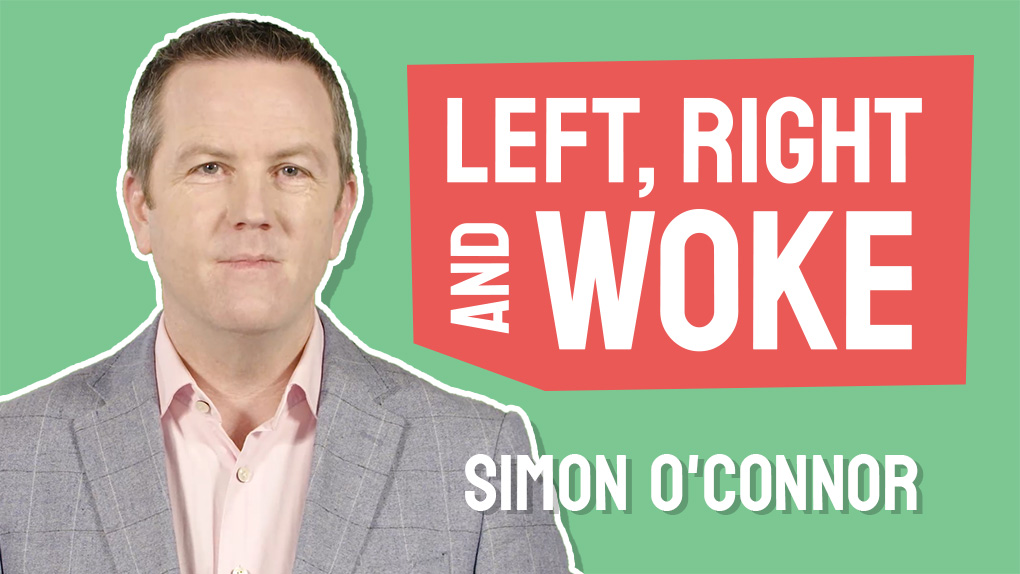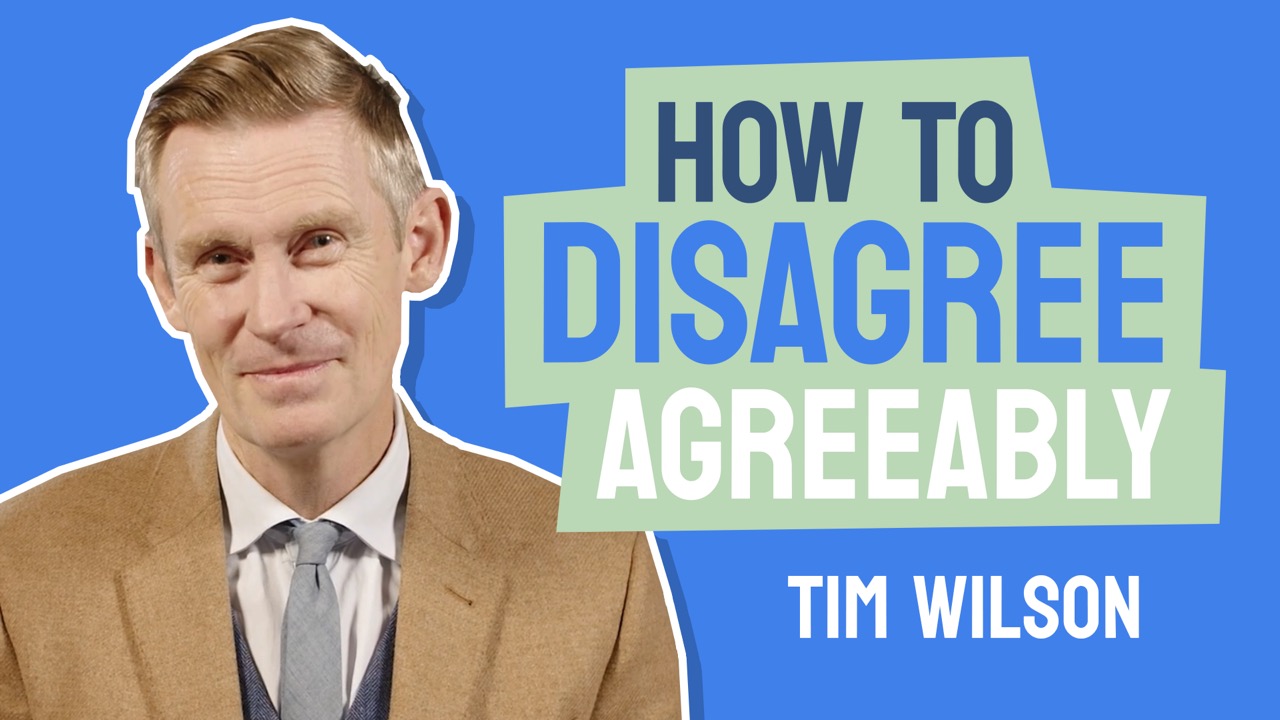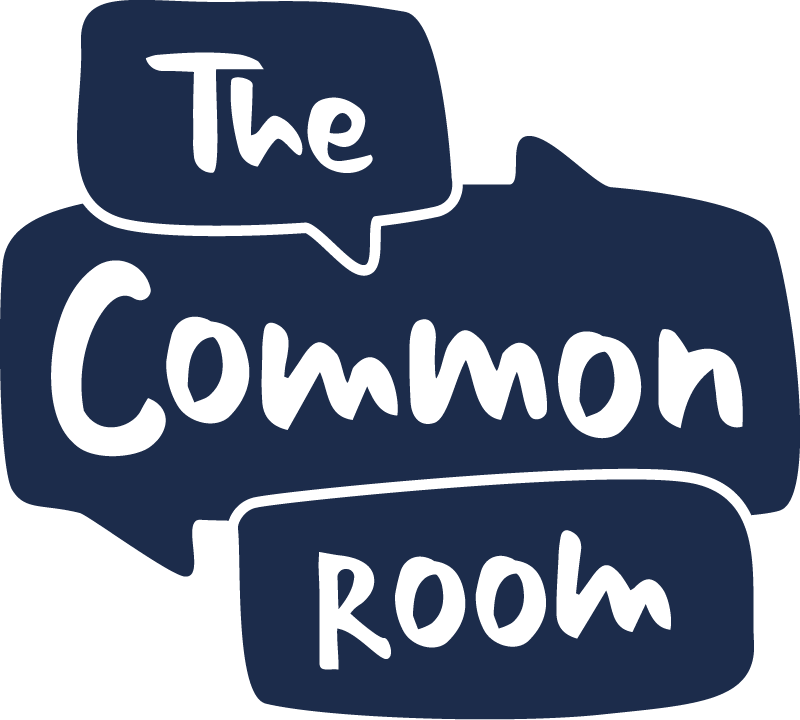Can NZ avoid culture wars?
19 February 2023, 10.8k views*
In the US, politics has become the main battlefield of a massive culture war, and that war has become the defining feature of their politics. But do we face a similar danger here in New Zealand, and can we keep culture wars out of our politics? Or is it too late?
History could not be more clear: when politics become pointless, violence often follows.
So, let’s talk about culture wars, how they turn politics into an ineffective sideshow, and the danger we face in New Zealand.
Ok. Culture wars are a conflict between social groups and a struggle for dominance of values, beliefs, and practices.
In the US, politics has become the main battlefield of a massive culture war, and that war has become the defining feature of their politics. Culture wars issues such as gender identity, marriage equality, and bodily autonomy are called “wedge issues” because they’re the major political dividing lines.
As a result – and despite social issues being important – US politics have become increasingly ridiculous and, actually, pointless.
I say pointless because political systems are how we solve economic issues, but they aren’t how we solve social issues.
First, we have to recognise that social and economic issues are from different spheres of human interaction.
Social issues relate to intangible things (like morals and values) and emotional exchange. Economic issues relate to tangible resources and financial exchange.
In political terms, social policy is the organisation, regulation, and control of beliefs, behaviours, and relationships, whereas economic policy is the organisation, regulation, and control of ownership, consumption, production, and trade.
Secondly, we have to recognise that, while these spheres of human interaction are interrelated, politics works very differently on them.
To be clear, I’m not saying that social issues and economic issues are unrelated. Social well-being is a determinant of economic participation and economic well-being. Similarly, economic insecurity often leads to social intolerance.
I am saying that the role of politics is different in each sphere. Politics, through economic regulation, solves issues. But politics, through social regulation, only codifies solutions from elsewhere.
Let me explain how.
Humans are consciously social.
We spend our lives pondering morality and fairness and applying our values in our interactions with others. We are confident in what we think is right and wrong, and we love talking about it. As new ideas are debated, civil society changes its views. In New Zealand, homosexual sex was illegal until 1987, and now we have marriage equality. These changes are codified by the laws that politicians pass, but they are not often created by them. Laws are mostly a reaction to a society that has already changed. In short, social change happens through social interaction much more than political action.
In contrast, humans are not consciously economic creatures. Most of us don’t tend to think or talk about economics very much. Note, for example, that most reality television is about social interaction and very little is about economic interaction. We do tend to respond strongly to economic incentives, but mostly subconsciously. Thus, the laws that politicians set on economic matters have a strong effect, but we tend to not consciously notice or revisit them.
Ok, so now let’s look at where New Zealand stands on all this.
For now, not too bad. No more than one of our current top 20 political issues could be called a culture wars issue. Politics is mostly focused where politics can be effective.
But I cannot say that the future looks bright. We seem primed to go down that pointless American path as voters give increasing weight to where politicians stand on social issues. Consider the ongoing murmurs of concern regarding the religious beliefs of politicians. Consider also the imported symbols and slogans of the parliamentary lawn protests of early 2022.
And while it’s concerning that Kiwi voters could turn our politics into a culture war, it’s even more concerning that the Labour party seems determined to deliberately do so.
Many commentators in the US have observed that their culture wars did not arise as an unavoidable result of widespread cultural differences, but rather as a deliberate tool to create in-groups and out-groups for political purposes.
And that’s what Labour has been doing here. The five million Kiwis at home in New Zealand versus the one million stuck overseas. Renters versus landlords. Employers versus workers. Farmers versus city dwellers. Always division and always pitting Kiwis against Kiwis.
And into these divisions, they pour the triggers, signs, and symbols of culture war. We are kindness, you are not. We are inclusive and diverse, you are stale and pale. Your religious beliefs are concerning, ours speak to our caring values. Language debates. Accusations of racism. Scapegoating. And so on.
OK, so what should we do?
First, if you have to choose between voting according to your social policy preferences or your economic ones, always choose the economy. Whether or not you agree with them socially, it simply makes more sense to vote for the politicians you agree with economically because politicians can be leaders on economic matters but are only followers on social ones.
Secondly, don’t let politicians distract you from what matters. Ignore the attempts at division and distraction. As a voter, stay focused on the big issues: Who has the best solutions for regaining control of inflation and addressing the cost of living crisis? Who’ll finally solve New Zealand’s infrastructure deficit and low productivity quagmire? If voters stay focused on the right things, politicians have to as well.
So, vote with your wallet, not your heart. And on social matters, use your voice not your vote.
For the good of the country, let’s keep the culture wars out of Kiwi politics!
I’m Camryn Brown, for The Common Room.
*Aggregated views across platforms




